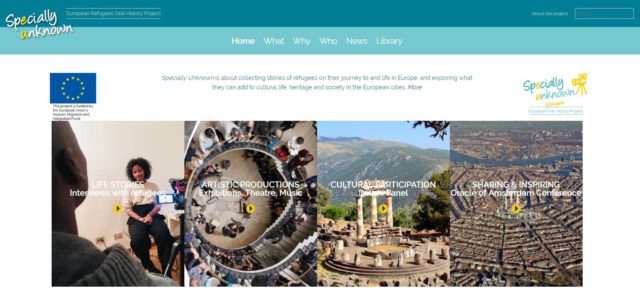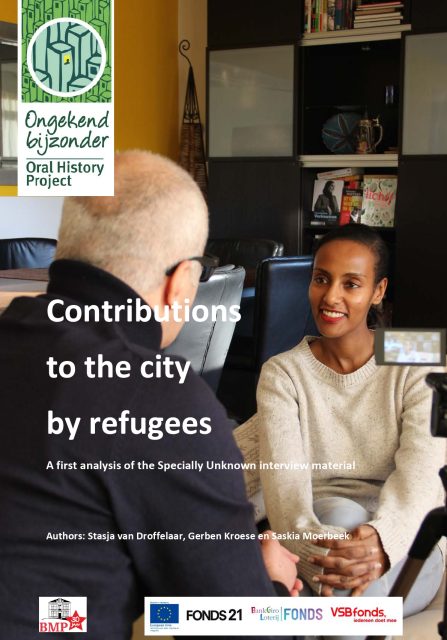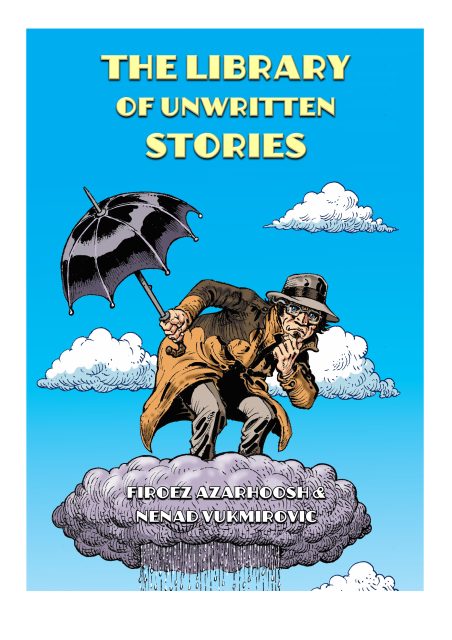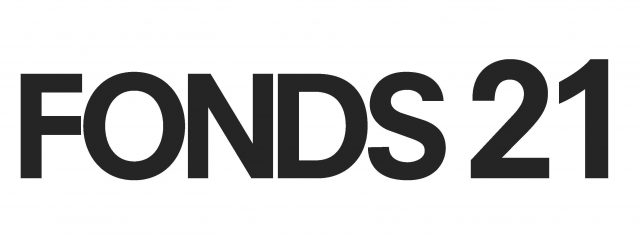English
Specially Unknown
– European Refugees Oral History project
Specially Unknown in the Netherlands
Contributions to the city by refugees
Refugee Oral History project in the Netherlands
In the Netherlands Stichting BMP (Foundation for the Promotion of Social Participation) has started an innovative community-based refugee oral history project. The title of this project is Ongekend Bijzonder, which means Specially Unknown or Unknown Special in English.
Aim
The aim of the project is to collect and create a permanent record of individual refugees’ life histories accessible to general public. The collection will comprise a significant body of testimony-based material on the subject of refugee lives in the Netherlands. The record will offer a new primary source for further research. The project started in October 2013 and will last till march 2017.
Overall the project:
1. contributes to the diversity of the heritage collections of archives and museums;
2. promotes cultural participation of refugees (as creators and the public);
3. contributes to a different perception of refugees.
4. contributes to the current discussion about the importance of oral history and the question of what history
The first analysis of the Specially Unknown interview material:
Background
Refugees are an integral part of the cities of Amsterdam, Rotterdam, The Hague and Utrecht. They have contributed to the economic, social and cultural fabric of the city, yet the lives of the city’s refugees and the history of refugee communities remain undocumented and marginalised. The public perception of refugees is largely shaped by the dominant media and political interests which often represent refugees in a negative light. The intention of the project is to initiate a process of changing on this situation.
Organisation
In the project 248 individual life histories of (former) refugees have been collected with special attention for the way they contribute to the development of the city they live in. The participating cities in this project are Amsterdam, Rotterdam, The Hague and Utrecht. The interviews have been conducted in either the Dutch Language or the interviewee’s mother tongue.
In sixteen sub-projects the refugees of the participating communities were invited to make an artistic presentation of a common theme in their stories. These projects were accompanied by professional artists.
In each city the main partners (Museums, Archives and Refugees) are represented in a local steering group. On a national level a committee of experts from different disciplines explore the many questions related to the project.
Training fieldworkers
To collect the stories according to oral history standards and to organize the group projects 24 fieldworkers from 10 participating communities followed a 6 months professional training program on video and audio documenting. The participating refugee communities include: Iranian, Iraqi, former Yugoslavian, Eritrean, Chilean, Afghan, Somalian, Congolese, Ethiopian and Vietnamese. Every interview is transcribed and/or translated. To ensure the streaming and accessibility of the material via the City Archives we work together with the Royal Netherlands Academy of Arts and Sciences (KNAW). At the end of the project the life stories will be made accessible through our website.
Apart from an interesting frame story of refugees in the past and present “The Library of Unwritten Stories” gives insight in the process of learning how to conduct an oral history interview. One of the chapters is translated into English: “The first virtue: listening”
Over 30 Artistic Presentations
In each city, over 30 artistic presentations based on the collected material were presented to the public during the Ongekend Bijzonder Festival from April – June 2016. These final artistic presentations (theater, opera, art exhibitions, storytelling et cetera.) were made in collaboration with the city museums, archives and other public institutions.
Partners
Amsterdam Museum, Museum Rotterdam, The Historical Museum of the Hague, Centraal Museum (Utrecht), Het Museon, Stadsarchief Amsterdam, Stadsarchief Rotterdam, Gemeentearchief Den Haag, Het Utrechts Archief, Openbare Bibliotheek Rotterdam and The National Archives of the Netherlands, The International Institute for Social History (IISG), The Centre for History of Migrants (CGM), The Dutch Council for Refugees, The Foundation for Refugee Studies UAF and various refugee organisations.
Programme
Part 1: October 2013 until June 2015
The project is divided into two periods. In the first period a preliminary anthropological study is carried out and the local steering groups decide which refugee communities should take part in the four cities, supervise the 16 group projects and make plans for presentations to the public. The field workers will be trained and will collect are trained and have collected 200 interviews. A historical research will be carried out.
Part 2: July 2015 until March 2017
Part 2 has two phases:
In phase 1, the emphasis will be on the public presentations during the Ongekend Bijzonder Festival, the presentation of the historical study, collecting extra 48 interviews and an international symposium. This period runs from July 2015 until September 2016.
Phase 2 is intended for studying the results and processing the findings and conclusions into educational materials that can be used by schools, scholars and other target groups. This period runs from October 2016 to March 2017.
Funding
The first part of the project is funded by: Fonds 21, the European Commission Refugee Funds (EVF), the city of Amsterdam and Utrecht and the Commission P.I.N.
The second part of the project is funded by: Fonds 21, The European Asylum, Migration and Intergration Fund (AMIF), Stichting DOEN and the VSB Fonds.
For more information contact the secretariat of the project:
Stichting BMP
Asterweg 19 C7
1031 HL Amsterdam
The Netherlands
ongekendbijzonder@stichtingbmp.nl
0031 (0) 20 4282728
www.ongekendbijzonder.nl/ www.stichtingbmp.nl
